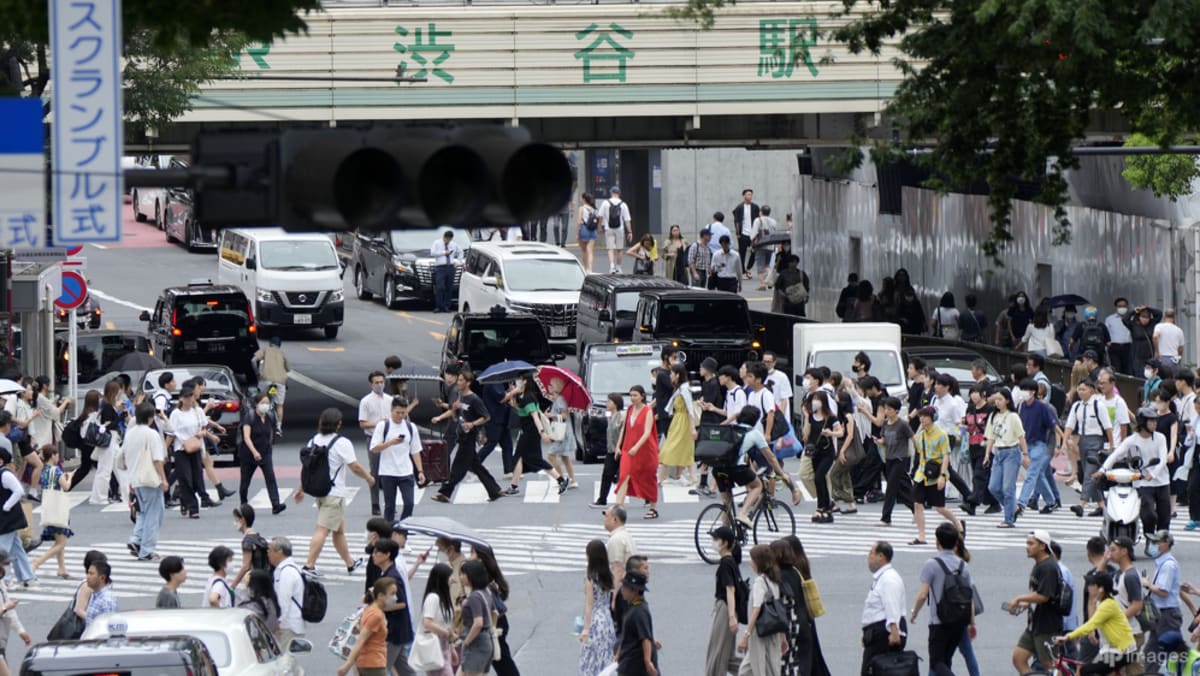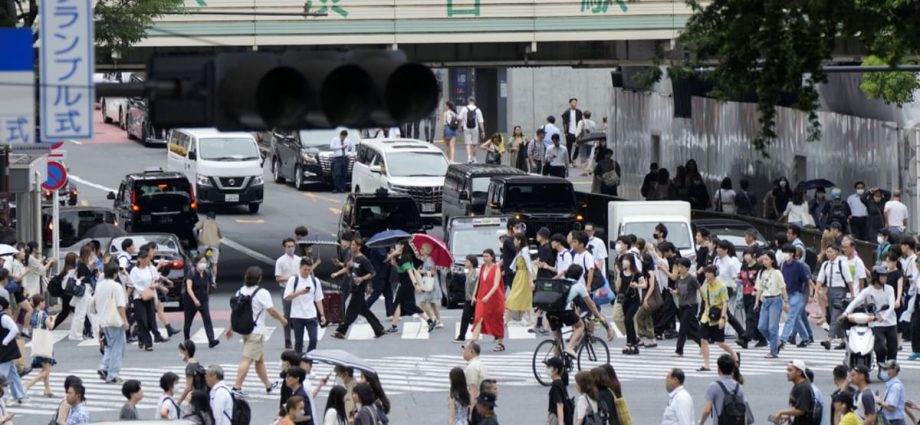
The longtime Japan watcher and economist Jesper Koll sees the shortage leading to a new “golden age” in which full-time jobs replace irregular youth employment, with wage increases and opportunities accruing to the younger generation.
Junichi Makino, the chief economist at SMBC Nikko Securities Inc, expects the higher labour costs that will inevitably result to spur company investment in raising Japan’s unusually low labour productivity and lift economic growth.
“Over the past 20 years, economic actors in Japan have moved to reduce wages and employment and curb capex amid a deflationary environment,” Makino writes. “From here though, Japan is set for a macro environment of insufficient supply, which will require more capex to bridge the gap, and we expect this to be an engine for economic growth to accelerate again.”
SUPPLEMENTING WITH FOREIGN WORKERS AND TECH
That optimistic outcome depends on the country finding solutions.
One of the most pressing issues is what’s being referred to as the “2024 Problem” – a looming logistics crisis that could hit next year, when regulations limiting overtime hours in the already stretched trucking industry will come into effect. Estimates say it could result in a 14 per cent drop in transportable cargo by 2025, ballooning to 34 per cent by 2030.
The government is scrambling for solutions, including cutting wasteful journeys by encouraging customers to avoid deliveries when no one is home.
Everything is on the table: The types of jobs that the country’s increasing number of foreign workers can take are being expanded, with bus drivers possibly next to be added. Self-driving cars and other automated solutions are being proposed.

